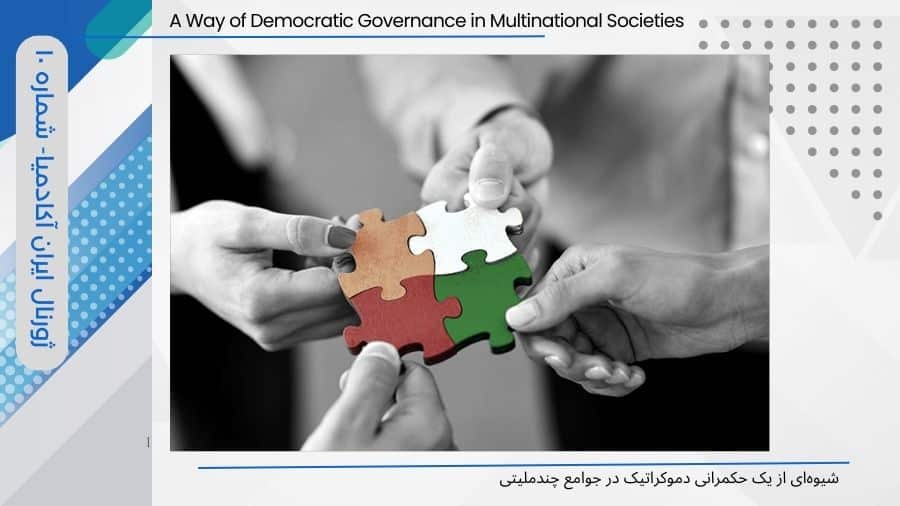Abstract
For the form of an alternative democratic structure in multinational countries, the question arises about the form of governance based on decentralized or federal models. In order to enforce justice, be it in the sense of representative democracy or direct democracy, we also need an alternative economic system to the democratic regime. Here an attempt is made to combine two types of democratic approaches, one belonging to the radical pluralists in the theories of Laclau and Mouffe, and the other in the participatory approach that emerges from the Rousseauian tradition, in order to present an alternative democratic system, less inclined towards tyranny, and on the other hand, democracy and politics can be institutionalized in multinational societies. I also seek to redefine national identity based on inclusion and plurality, not exclusion and rejection. Finally, let’s look at the alternative economic plan for the transition to a post-capitalist future, because without a plan for an economy that institutionalizes justice and equality, there is always the danger of tyranny for the upper class.


